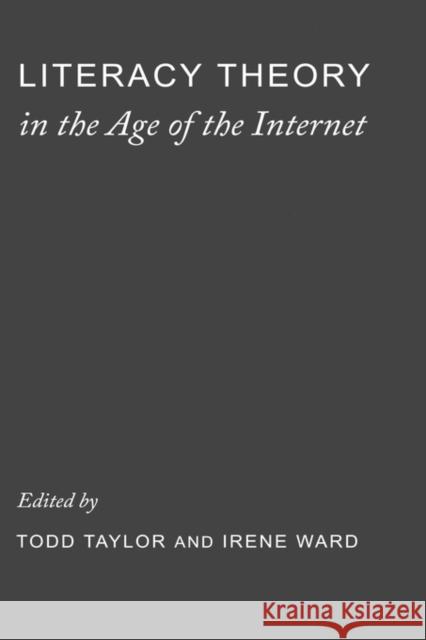Literacy Theory in the Age of the Internet » książka
topmenu
Literacy Theory in the Age of the Internet
ISBN-13: 9780231113304 / Angielski / Twarda / 1998 / 200 str.
By now it is widely accepted wisdom that the Internet has vast potential as a learning tool for students of almost all ages and levels. But it is less clear how to harness this potential most effectively. What indeed should the "online classroom" mean to teachers? Will the rush to get "wired" mean little more than enhanced visuals or automated lecture delivery--or can it result in innovative pedagogies for improving literacy into the twenty-first century?
In this collection of essays, some of the most progressive voices in literacy studies reconsider what it means to be literate in the information age, and offer practical advice not only for getting networked computers into the classroom but also for instructing students and other teachers how to tap into their boundless potential. Essays range in subject from the story of a radical, communal writers' group working together in a networked environment; to an exploration of how utopian notions of the networked classroom don't always hold true, on the basis of the authors' classroom experience of hostile, dysfunctional chat room exercises; to an applied and totally attainable model for gathering support and preparing teachers for new technologies. Together the contributions provide a provocative and much-needed introduction to the constantly shifting subject of literacy theory, paving the way for continued dialogue on a subject that teachers, students, and all writers and readers can no longer afford to ignore.










